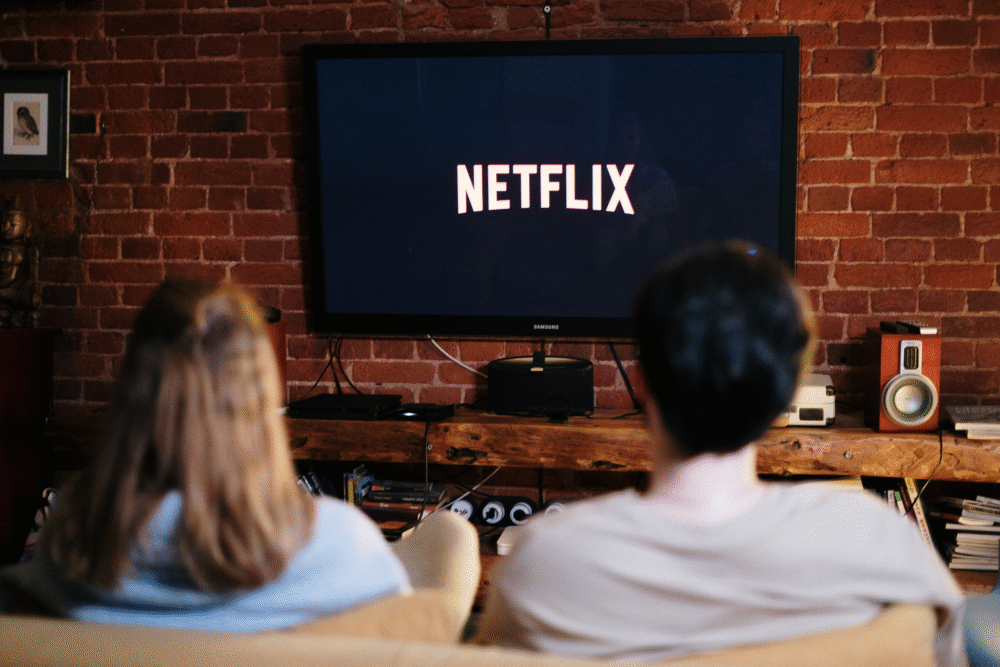The system was never built for financial freedom—it was built to keep you compliant.

Millennials didn’t just wake up one day bad with money. They inherited a landscape bloated with contradictions: told to chase degrees, rack up debt, and invest in futures that keep shifting under their feet. Most are not splurging avocado toast into poverty—they’re navigating a minefield of institutional traps disguised as personal choice.
As wages stagnate and costs surge, so do the invisible hands shaping their bank accounts. These aren’t just spending habits—they’re structural sinkholes masquerading as progress.
1. Student loans disguised as opportunity crushed long-term momentum.

College was sold as the golden ticket, but that glitter came with decades of debt. Interest rates compound faster than salaries climb, and the diploma often doesn’t come with the ROI promised. Instead of launching careers, many grads spent their 20s treading water and deferring dreams. Buying a house? Starting a family? Building savings? All postponed or erased. Even with forgiveness programs or refinancing, the psychological weight remains. It’s not just the money—it’s the sense that you were tricked into mortgaging your future before you even knew what you wanted. That early trap shapes everything else.
2. Healthcare deductibles hijack emergency funds and mental peace.

Health insurance exists, but it often feels like an expensive illusion. High deductibles, confusing networks, and surprise bills mean one ER trip can wipe out savings. Millennials aren’t ignoring their health—they’re just doing math. That means skipping checkups, rationing meds, or gambling on “maybe it’ll go away.” Even employer plans carry financial minefields, and freelancers? They’re stuck with overpriced, underwhelming options. When the system feels rigged, you stop engaging with it. The trap isn’t just the cost—it’s the constant anxiety that health equals bankruptcy. That fear seeps into every other financial decision, subtly limiting freedom.
3. Rent inflation keeps climbing but wages stay still.

Housing is supposed to be your base—but for millennials, it’s a game of musical chairs with rising stakes. Landlords raise rents yearly with no accountability, and ownership feels out of reach. Even decent-paying jobs can’t outpace inflation, and roommates stretch into your 30s. Cities that offer opportunity are often unaffordable, while affordable towns don’t offer jobs. The rent trap isn’t just about cost—it’s about permanence. How do you build stability when you’re always a lease away from upheaval? You feel locked out of adulthood milestones because shelter became speculative real estate, not a human right.
4. Subscription creep quietly bleeds your bank account.

It starts innocently—Spotify, Netflix, maybe a gym. But blink, and you’re paying for apps you forgot existed, streaming platforms you don’t use, and delivery services that promise convenience while draining cash. Subscription culture rewired spending into a thousand micro-decisions that never feel big but accumulate like quicksand. It’s not laziness—it’s design. Companies bank on you forgetting. You didn’t lose your money to one bad purchase—you lost it to twenty $9.99s you barely noticed. Canceling means combing through logins and resisting guilt-trips coded into “are you sure?” prompts. This trap is digital, subtle, and shockingly effective.
5. Car dependency drains savings without improving quality of life.

In cities without reliable public transit, owning a car isn’t a luxury—it’s survival. But the costs never stop. Insurance, gas, repairs, and unpredictable maintenance add up fast, especially when your car isn’t new. Ride-share apps seemed like a fix, but they often cost more long-term and still don’t solve the infrastructure problem. You’re paying to sit in traffic, paying to park, paying to fix what breaks. And in many places, opting out just isn’t viable. It’s mobility held hostage by design, and it punishes those trying to escape the cycle. You lose money just staying functional.
6. “Investing young” sounds great until you have no capital.

Millennials are bombarded with advice about compound interest and retirement accounts—but how do you invest when there’s nothing left after bills? The stock market used to be optional. Now it’s the only path to building wealth, yet entry requires disposable income many simply don’t have. The pressure to “start now” only adds shame, not solutions. You feel behind before you’ve begun. Even those who try often face volatility that makes saving feel like gambling. It’s not that millennials don’t want to invest—they just can’t do it without sacrificing short-term survival. The trap is aspirational and cruel.
7. Emergency expenses hit harder when there’s no cushion.

Life happens. Your pet needs surgery, your phone dies, your tires blow out. But when every dollar is accounted for, emergencies become crises. You can’t plan for surprise costs when you’re already maxed out. Credit cards step in, but they’re not safety nets—they’re traps of their own. A single incident can snowball into interest payments that haunt you for months. It’s exhausting to always be one broken appliance away from chaos. You’re not bad at money—you’re just never given the breathing room to be good at it. That constant pressure keeps you reactive, not resilient.
8. Buy now, pay later schemes blur needs and wants.

Millennials didn’t invent Klarna culture—but they’re stuck in it. BNPL services repackage debt into something chic and bite-sized, offering instant gratification at a quiet cost. It feels less serious than credit cards, but it’s often more confusing. You split a purchase into four payments, then another, then another. Soon, half your paycheck is spoken for before it even lands. These tools target convenience, but they erode financial clarity. The trap is in the illusion of affordability. You feel like you’re in control until you’re juggling five mini-loans and wondering why your balance never stabilizes.
9. Job benefits have shrunk while expectations have grown.

Millennials were promised meaningful work and flexible schedules. What they got was unpaid internships, gig work masked as entrepreneurship, and full-time jobs with part-time protections. Even salaried roles often lack decent healthcare, parental leave, or retirement matching. The corporate perks are nice—kombucha, flexible Fridays—but they don’t pay for dental. And if you ask for more, you’re labeled entitled. The real trap is this: the more you give, the more is expected. Burnout isn’t a bug in the system—it’s the business model. The gap between what work takes and what it returns is widening, and millennials are paying the price.
10. Lifestyle shame distorts smart money decisions.

Spend too little, and you’re called cheap. Spend too much, and you’re irresponsible. Millennials are constantly policed—by media, family, and each other—for how they handle money. Budgeting is praised until it means missing social events. Frugality is admired until it disrupts aesthetic expectations. The judgment is relentless and confusing. You can’t win, so you end up stuck, overthinking every decision. Even small wins—like a side hustle or a good deal—get reframed as “hustle culture” or “settling.” This mental trap is invisible but powerful, pushing millennials to compare, second-guess, and sabotage their own progress.
